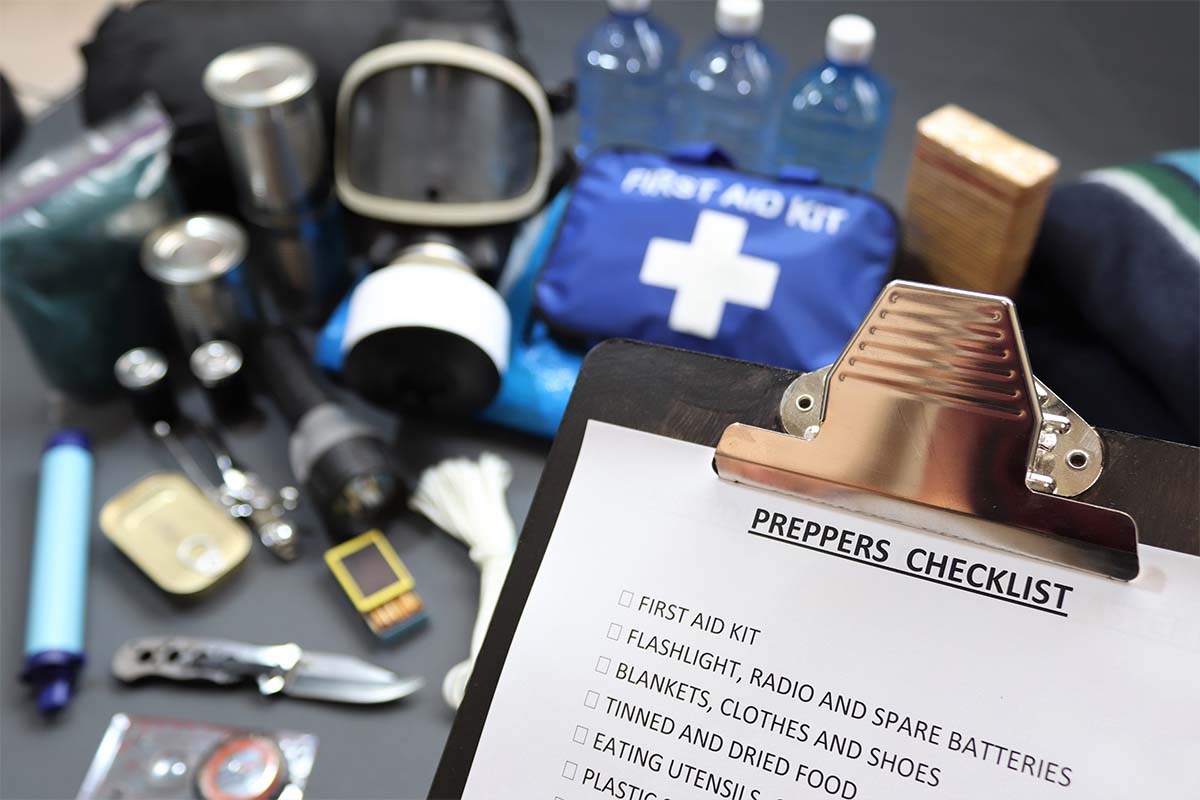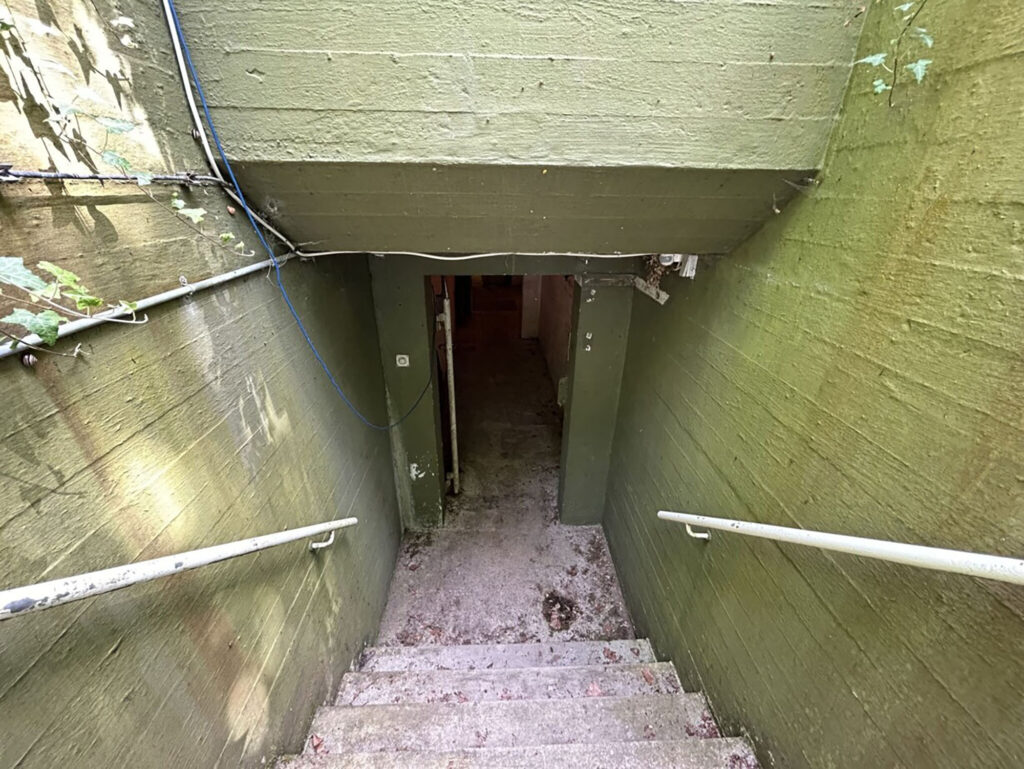In recent years, the world has become a more unsafe place, even in peaceful Denmark a new awareness of the crisis is forming.
Most recently, the authorities have announced that all Danes should be able to manage for three days without electricity and water.
So now the questions arise: How can I prepare for the unforeseen? What is the advice of the authorities if the crisis suddenly knocks on my front door? What do I do if the power goes out? And where can I stay updated in a crisis situation?
Follow the steps of the checklist and get answers to your questions.
The Prepper's Most Important 5 Steps
1.
Become crisis aware
The world is more uncertain than it has been in many years.
Center for Military Studies so-called Security policy barometer reveals that a large majority of experts specializing in Danish foreign, security and defense policy assess that Denmark is less secure today than just five years ago.
The increasing uncertainty is due to everything from the wars in Ukraine and Israel and more frequent extreme weather phenomena to an increasing risk of technological breakdowns and global pandemics, such as the one we experienced with COVID-19.
No one knows if the crisis will hit. And there is no indication that Denmark will be hit by doomsday scenarios. But by taking the right precautions, you not only protect yourself and your loved ones - you also relieve the public emergency services, so that they can focus on solving the most critical and urgent tasks, should this happen.
In other words, prepping is common sense: you help yourself and everyone else by being well prepared.
2.
Provide food and water
The Danish authorities recommend all to store supplies for at least three days.
The food should be long-lasting and can, for example, be canned food, rice, grits, pasta, shortbread, jam, almonds and the like.
The water must be stored cool and dark in approved containers that should be cleaned and disinfected regularly. The Danish Environmental Protection Agency has information on Denmark's water supply and instructions for safe storage and purification of water.
REMEMBER! Once you've built up your inventory, it's important to rotate your supplies regularly to ensure everything stays fresh and usable. Use the "first in, first out" method to ensure that older items are used before newer ones.
Also read Preppers Pit's detailed guides to, how you can vacuum pack your food here and there proper storage of water.
3.
Get control of energy and heat
If the power grid suddenly goes down, it will quickly have consequences and raise a number of very urgent questions: How do we get light? How are we going to get food? How are we going to keep warm? And what about the food in the freezer?
In the event of a power failure, it is important to have easy access to alternative light sources – for example, headlamps and candles – while, for example, gas stoves and kerosene stoves are good alternative heat sources.
Remember to have enough fuel for several days' heating supply in stock. You can also consider purchasing hand-operated or solar-powered units for lighting and heating.
Also read our detailed checklist, which you can follow in the event of a power failure here.
REMEMBER! Always ensure good ventilation and only use outdoor equipment outside. Burning fossil fuels emits carbon monoxide (CO), an invisible, odorless gas that can be deadly.
4.
Know your first aid kit
If you or your loved ones fall ill or are injured, a first aid kit is of course a must.
The first aid kit must contain basic equipment such as plasters, gauze and dressings, disinfectants, antihistamines and painkillers.
Take a first aid course, if necessary, so that you can take responsibility and act quickly and efficiently if an accident occurs. At the Danish Health Authority, you can read more about, how to provide first aid.
5.
Stay updated
In a crisis situation, it is paramount that you can communicate with the outside world and obtain information about how you and your loved ones may need to be evacuated.
Make sure to regularly check updates from the National Emergency Management Agency about e.g. evacuation plans during emergency situations.
You can find The board's section on emergency notifications.
It is also important that you know your nearest evacuation routes and meeting points. Check regularly with local authorities about the current plans and routes. Most municipalities' websites will have a section dedicated to emergency planning and evacuation routes. You can e.g read here about Copenhagen Municipality's crisis preparedness.
Consider a battery-powered or crank radio to receive important updates from the authorities.
REMEMBER – be critical of sources: Be particularly critical of the information you find on social media and other non-official platforms.
For updates during crises, seek information directly from credible news channels such as DR and TV2, both of which are obliged to act as information channels during major emergencies and crises. Visit their websites or use their broadcast services for live emergency announcements.





